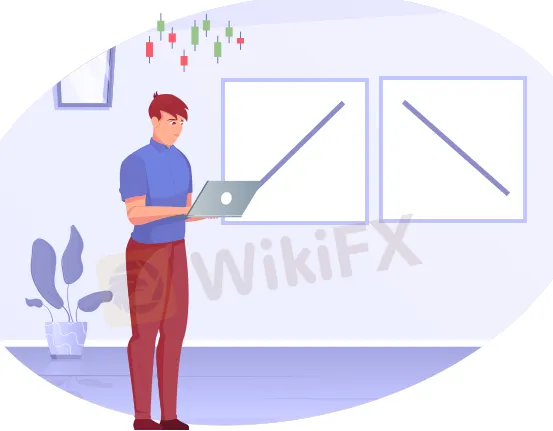qocsuing: The growing list of applications and use cases of blockchain technology
The growing list of applications and use cases of blockchain technology
The growing list of applications and use cases of blockchain technology
As Bitcoin and other cryptocurrencies have been picking up steam, focus has turned to blockchain – the underlying distributed ledger technology (DLT) that powers these digital currencies.To get more news about blockchain field survey, you can visit wikifx.com official website.
Blockchain technology is simple to understand at its roots. Basically, the tech exists as a shared database filled with entries that must be confirmed by peer-to-peer networks and encrypted.

It’s helpful to envision it as a strongly encrypted and verified shared Google Document, in which each entry in the sheet depends on a logical relationship to all its predecessors, and is agreed upon by everyone in the network.
But blockchain technology has many more potential use cases beyond other than just serving as the fuel behind Bitcoin. Below, we’ve outlined some of its emerging applications across finance, business, government, and other industries.
Blockchain provides a way to securely and efficiently create a tamper-proof log of sensitive activity. This makes it excellent for international payments and money transfers.
For example, in April 2018, Banco Santander launched the world’s first blockchain-based money transfer service. Known as “Santander One Pay FX,” the service uses Ripple’s xCurrent to enable customers to make same-day or next-day international money transfers.
By automating the entire process on the blockchain, Santander has reduced the number of intermediaries typically required in these transactions, making the process more efficient.
As a large commercial bank, Santander has numerous retail clients who would benefit from more efficient and cheaper payments, particularly in the area of international transfers. Blockchain technology can be used to decrease the cost of these transfers by reducing the need for banks to manually settle transactions.Startup Axoni was founded in 2013 and builds blockchain-based solutions specifically for capital market improvement. Most recently, Axoni announced the launch of a distributed ledger network to manage equity swap transactions – enabling both sides of an equity swap to be synchronized throughout their lifecycle, communicating changes to each other in real time.
Trade Finance
Historic methods of trade financing have been a major pain point for businesses because the slow processes often interrupt business and make liquidity hard to manage. Cross-border trade involves a large number of variables when communicating information – such as country of origin and product details – and transactions generate high volumes of documentation.
Blockchain has the ability to streamline trade finance deals and simplify the process across borders. It enables enterprises to more easily transact with each other beyond regional or geographic boundaries.







Add comment
Comments